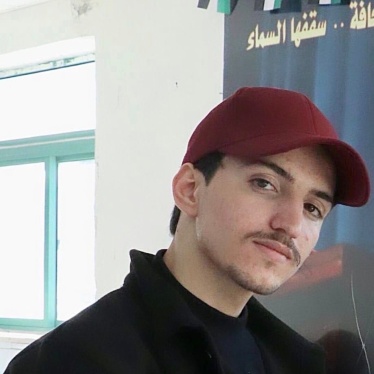(Washington) -- The anti-terror campaign led by the United States is inspiring opportunistic attacks on civil liberties around the world, Human Rights Watch warned in its annual global survey released today.
At the same time, the campaign offers a chance to focus attention on the denial of human rights and democracy in the Middle East and Central Asia, where authoritarian governments have left millions of people with a choice between extremist politics and no politics. Many of these authoritarian governments cling to power without challenge from Western governments.
The 670-page Human Rights Watch World Report 2002 includes summaries of human rights events in 2001 in 66 countries, as well as analyses of U.S. and European foreign policy, refugee issues, international justice, corporate social responsibility, and the weapons trade.
Some countries, such as Russia, Uzbekistan, and Egypt, are using the war on terror to justify abusive military campaigns or crackdowns on domestic political opponents. In the United States and Western Europe, measures designed to combat terrorism are threatening long-held human rights principles.
"Terrorists believe that anything goes in the name of their cause," said Kenneth Roth, Executive Director of Human Rights Watch. "The fight against terror must not buy into that logic. Human rights principles must not be compromised in the name of any cause."
The anti-terrorism campaign will not succeed if it is conducted merely as a struggle against a particularly ruthless set of criminals, Roth said. To defeat the fundamental amorality of terrorism requires a firm grounding in international human rights.
"The fight against terror must reaffirm the principle that no civilian should ever be deliberately killed or abused," said Roth. "But for too many countries, the anti-terror mantra has provided a new reason to ignore human rights."
On Afghanistan, Roth said that the demise of the Taliban regime created an opportunity for positive change. But he urged that the international community devote real resources to bringing perpetrators to justice for past crimes. Establishing the rule of law will be essential for ending the cycle of atrocities in Afghanistan.
Roth said that Human Rights Watch had not yet conducted an on-the-ground investigation of civilian deaths in the U.S. bombing campaign in Afghanistan, but that serious questions had been raised by reports of civilian casualties.
Human Rights Watch does not generally take a position on whether particular wars should be fought, but does urge strict respect for international humanitarian law in the conduct of any war. Human Rights Watch urged the U.S. military to be more forthcoming about civilian casualties in Afghanistan.
Roth also said that new restrictions on civil liberties in the United States, such as the proposed military commissions, could compromise the U.S. government's ability to criticize human rights violations in other countries.
"Imagine the U.S. condemning military tribunals set up by a tin-pot tyrant to get rid of his political enemies," said Roth. "That kind of criticism can have real sting. But now it will ring with hypocrisy -- if the Pentagon does not narrow President Bush's order on military commissions with appropriate guidelines." Anti-terror legislation in many Western European countries would have a similar effect on their abilities to provide international leadership on human rights, Roth said.
"The fight against terror isn't just a matter of security," said Roth. "It's a matter of values."
The willingness of most Western governments to tolerate abuses by friendly governments in the Middle East and North Africa has tended to undermine the growth of a human rights culture there, Roth noted. The problems include the West's failure to rein in Israeli abuses against Palestinians, and its apparent disregard for grave civilian suffering caused by sanctions against Iraq.
"In societies where basic freedoms flourish, citizens can press their government to respond to grievances," said Roth. "But in Saudi Arabia and other countries where Osama bin Laden strikes a chord of resentment, governments prohibit political debate. As the option of peaceful political change is closed off, the voices of non-violent dissent are frequently upstaged by advocates of violent opposition."
Human Rights Watch is an international monitoring organization based in New York. It accepts no financial support from any government.







